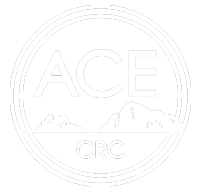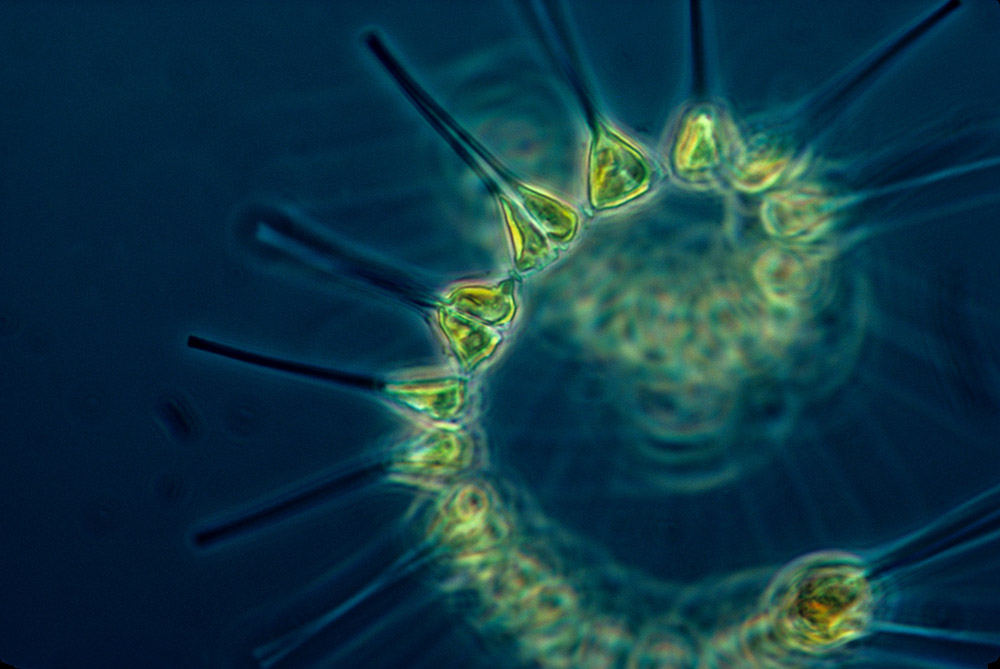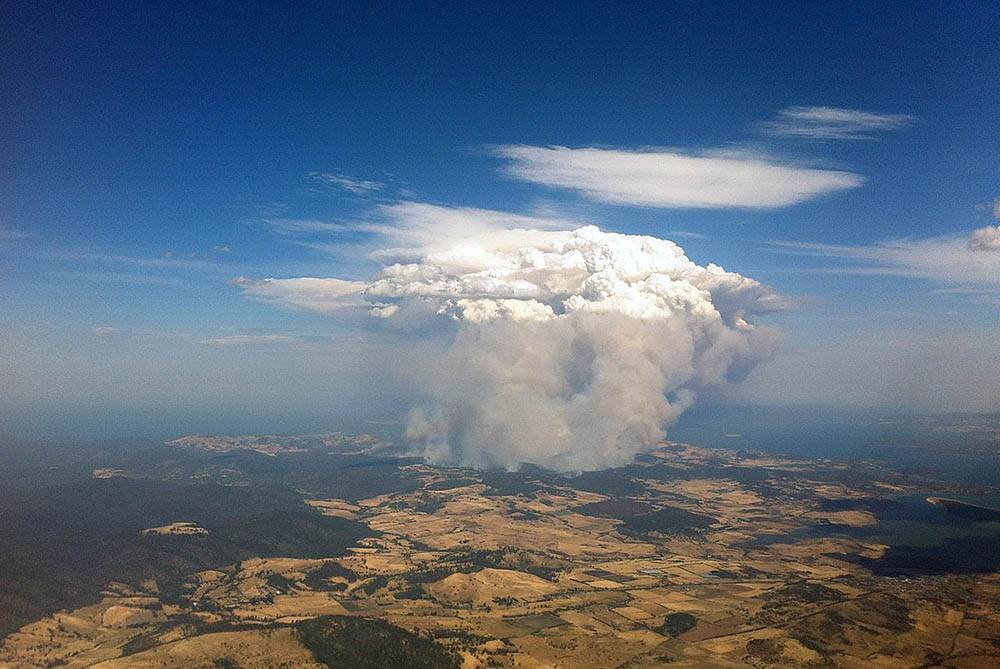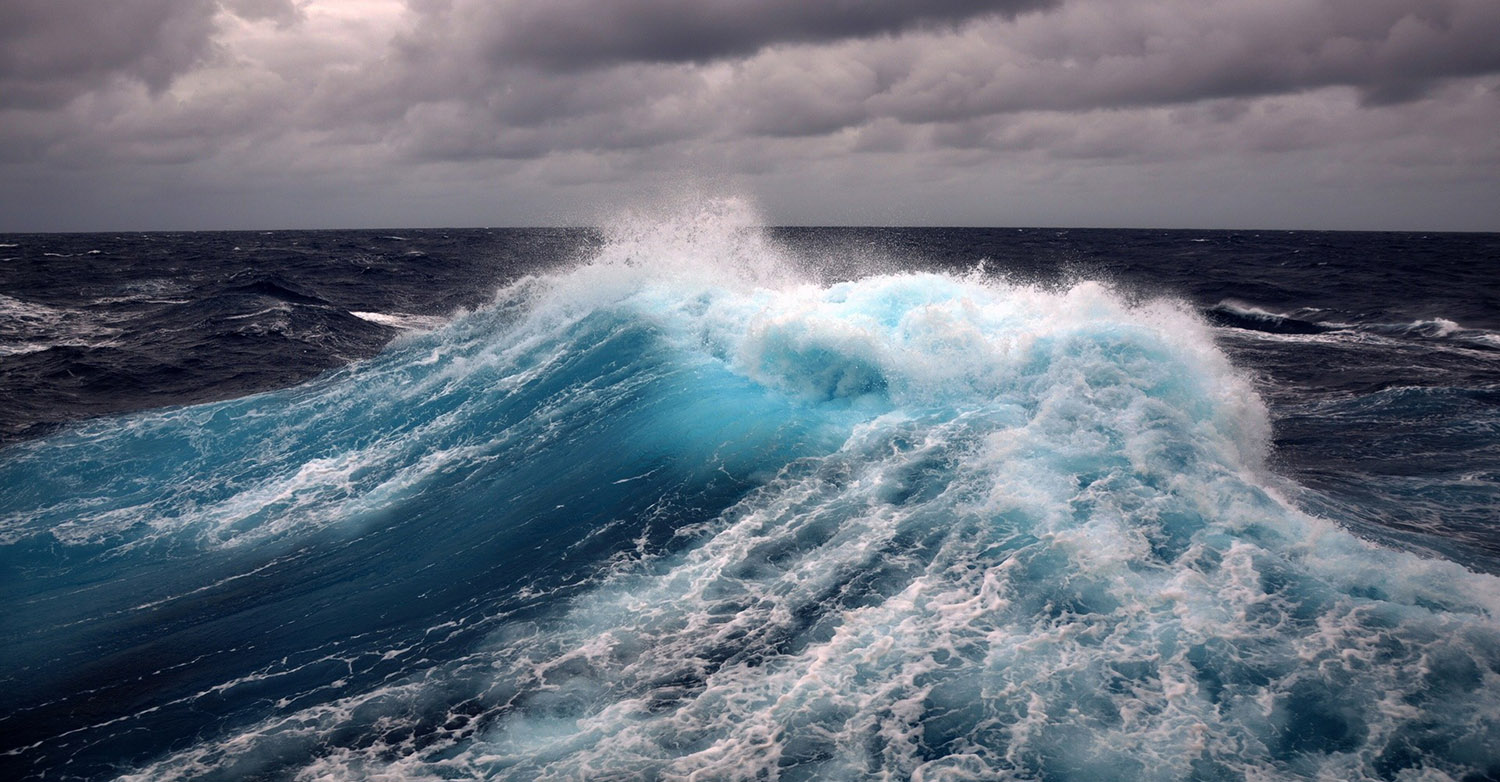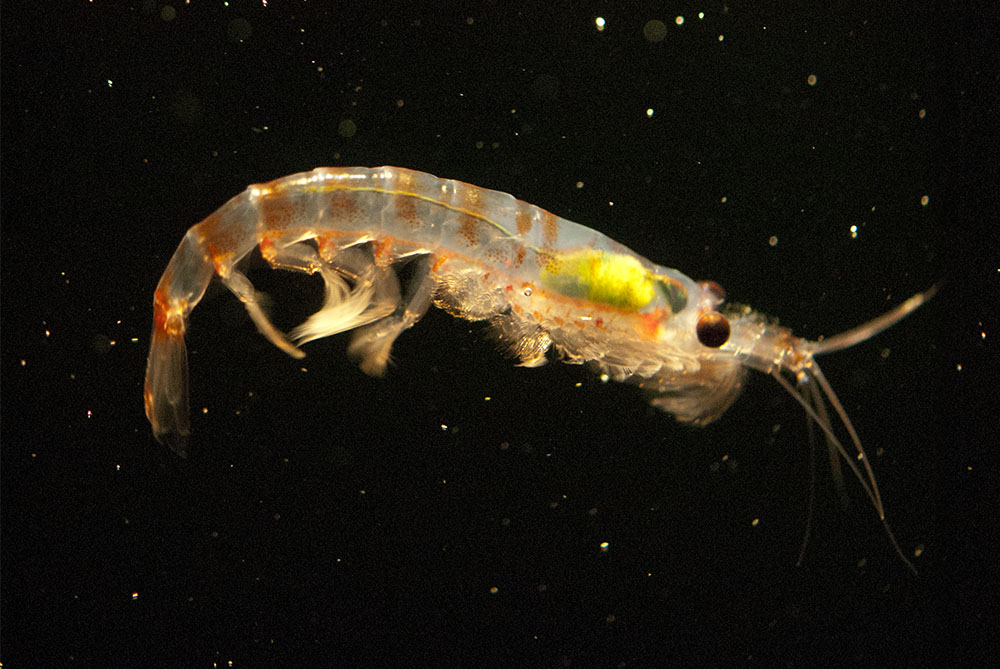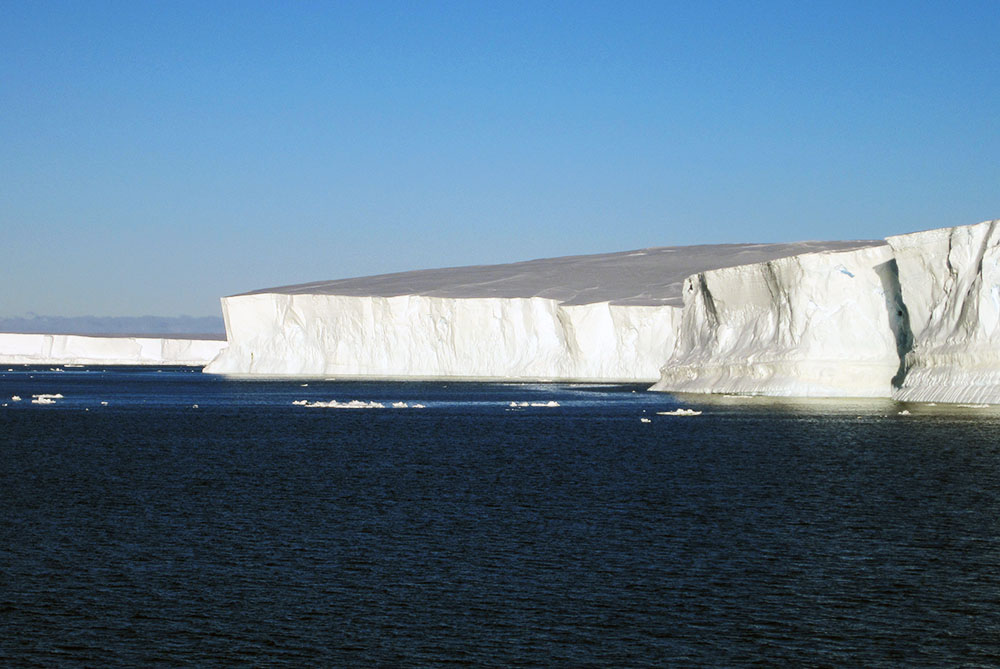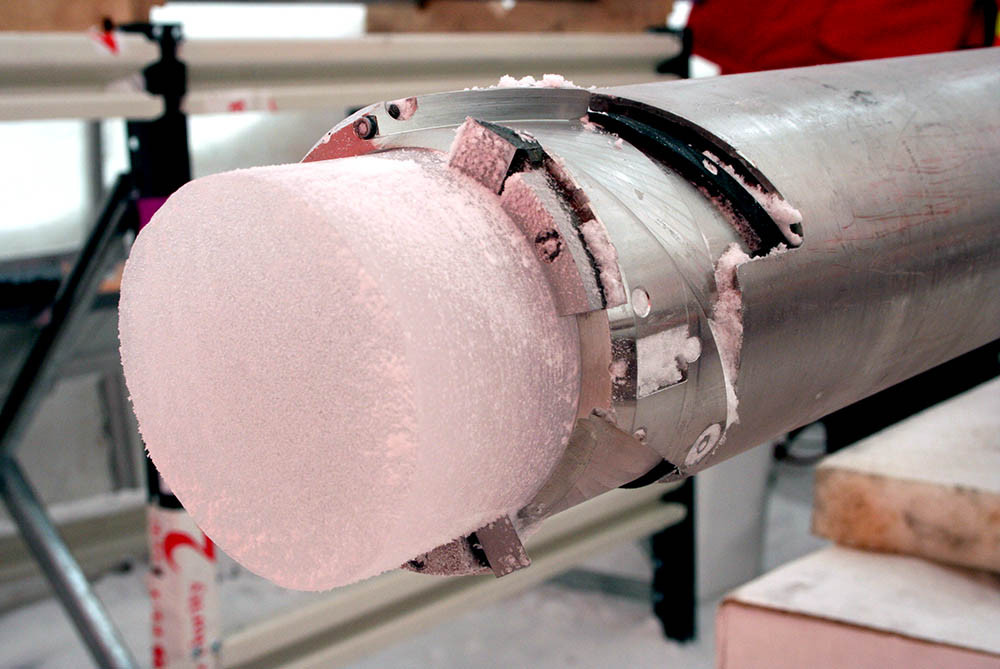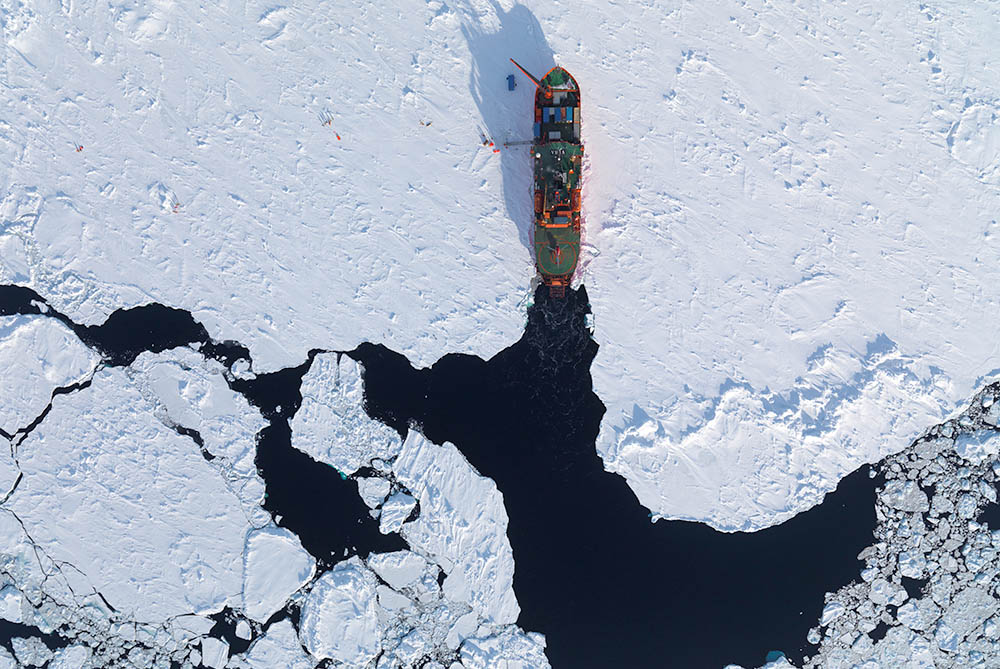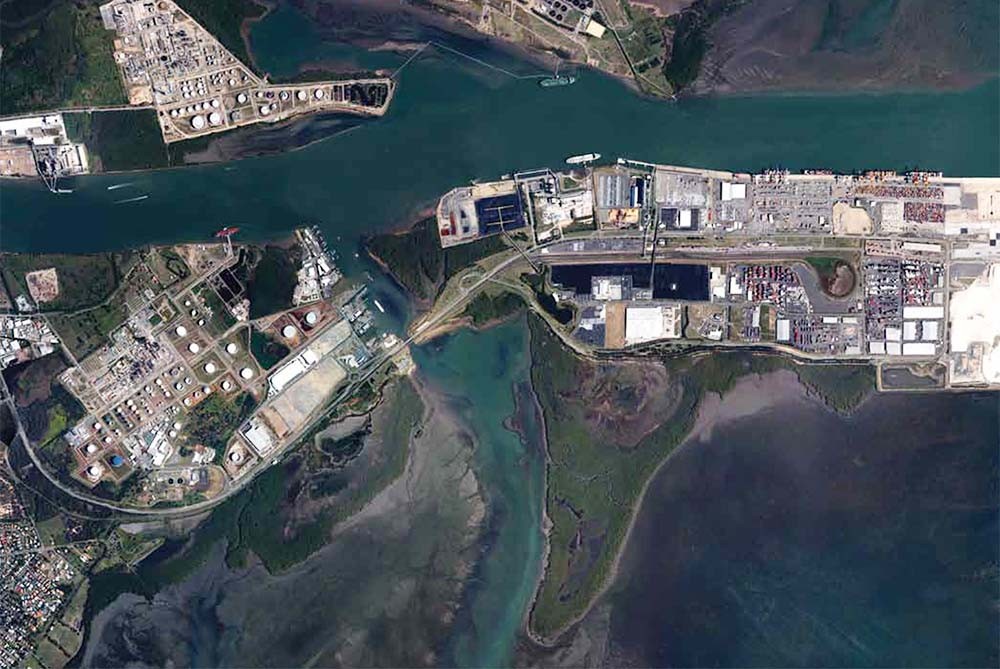SOUTHERN OCEAN ECOSYSTEMS
2017
Marine ecosystems are integral to the health of our planet and to humankind. As the Earth’s largest ecosystem, the oceans provide us with a enormous variety of vital ‘services’, from sequestering atmospheric carbon to providing a major source of nutrition and natural resources. These ecosystems are changing and will continue to change over the coming century as climate change, ocean acidification and commercial pressures continue to modify ocean habitats. Minimising such impacts on ecosystem services is one challenge for governments and regulators. A further and important challenge is to identify how policy and regulatory frameworks may need to adapt to prospective impacts in a timely manner, such that the resilience of these ecosystems is retained, ecosystem services are conserved and, with sufficient warning, rapid upheavals in how we use the ecosystems are minimised. Climate change poses greater difficulties for policy makers and managers than the usual forms of environmental management because the effects of actions are not seen immediately, or even in the foreseeable future. The experience of the rate of recovery of the ozone hole and the associated
changes to ecosystems suggests that ecosystems will take many decades to change in response to changes in greenhouse gas emissions. To ensure ecosystem services are sustained in the face of
future change, we need:
1. robust early-warning indicators of change,
2. robust assessments of the likelihood of different future states of ecosystem services given different management options or scenarios, and;
3. mechanisms for adjusting management options to take account of new information.
This position analysis outlines how these three needs can be met for Southern Ocean ecosystems by building a number of policy-relevant scientific capabilities.
Discover More